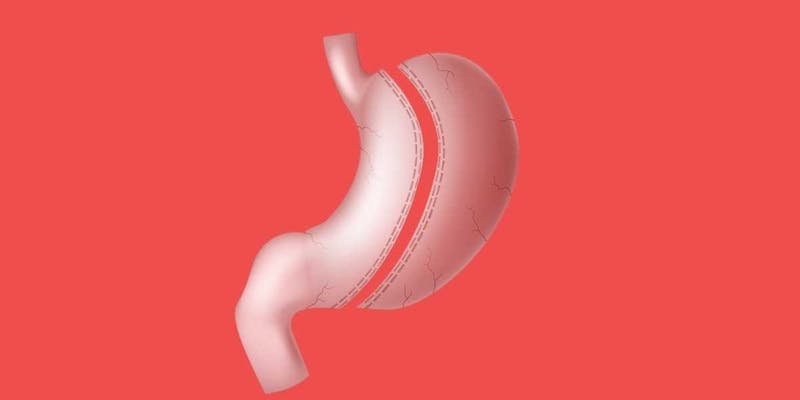01
Apr

What Makes a Recipe a Cancer-Fighting Strategy?
Nutrition is a key factor to a healthy cancer recoveryWhile battling cancer, patients need to pay close attention to their nutritional intake. Foremost, food should not be limited nor in quantity or quality but should address taste and symptom control. What to avoid and what to ea...
View More01
Apr

El Mito Detrás de la Anestesia
El anestesiólogo es un médico especialista, quién, después de obtener el título de médico cirujano en la Facultad de Medicina de una Universidad, cursa tres o más años la especialidad de anestesiología en Hospitales r...
View More01
Apr

Los Riesgos y Beneficios de las Pastillas para la Pérdida de Peso
El sobrepeso en una enfermedad crónica que aumenta el riesgo de contraer problemas de salud. Más de dos terceras partes de los adultos Estadounidenses tienen sobre peso o son obesos. El sobre peso es una enfermedad crónica que incrementa el riesgo a contraer...
View More01
Apr

Obesity in Women Linked to Early Rheumatoid Arthritis (RA)
Women who are overweight or obese, particularly those who acquire the excess weight by late adolescence, have an elevated risk for developing rheumatoid arthritis (RA), analysis of data from two prospective studies showed. While there was a nonsignificant trend for increased risk...
View More01
Apr

How to Stay Hydrated After Bariatric Surgery
Dehydration is a major concern right after surgery. Drinking less than needed may lead to nausea, vomit and dehydration -a cause of hospitalization; drinking more, may have the same result. What can you do to stay hydrated after weight loss surgery? There are simple guidelin...
View More01
Apr

Bariatric Surgery Can Lead to Protein Deficiency
Weight loss surgery is directed toward patients who are extremely overweight or obese, with the intention to provide an effective weight loss solution that not only is permanent but also results in a healthier overall patient… but there are unexpected consequences. Le...
View More01
Apr

Best Sources of Protein for Weight Loss Surgery Patients
Patients who have gastric sleeve surgery need to emphasize protein intake above any other food sources. Protein needs range from a minimum of 60g/day during the early post-surgical days to about 100g /day at a year from surgery. How can you know you are taking enough? Immediately...
View More01
Apr

Avoid Soft Drinks and Soda After Bariatric Surgery
After bariatric surgery the calcium requirements, as well as other nutrient needs, are increased. Phosphoric acid which is a common ingredient in sodas and other drinks, increases calcium excretion…from your bones! It is considered a “kidnapper” of calcium, thu...
View More01
Apr

Restrict Caffeine After Bariatric Surgery
People who are morbidly obese may choose bariatric surgery as a means to lose excess weight. Surgical approaches for weight loss surgery include gastric bypass, Roux-en-Y, laparoscopic adjustable gastric banding or a gastric sleeve surgery. Each type of surgery poses special diet...
View More01
Apr

How to Avoid Gastric Sleeve Failure After Your Weight Loss Surgery
Research suggests 20-30% of patients either do not achieve their weight loss goals or regain weight after bariatric surgery. How can you make sure you are not included in this stats? You´ll first need to follow a diet and exercise as recommended by an expert on gastric slee...
View More
